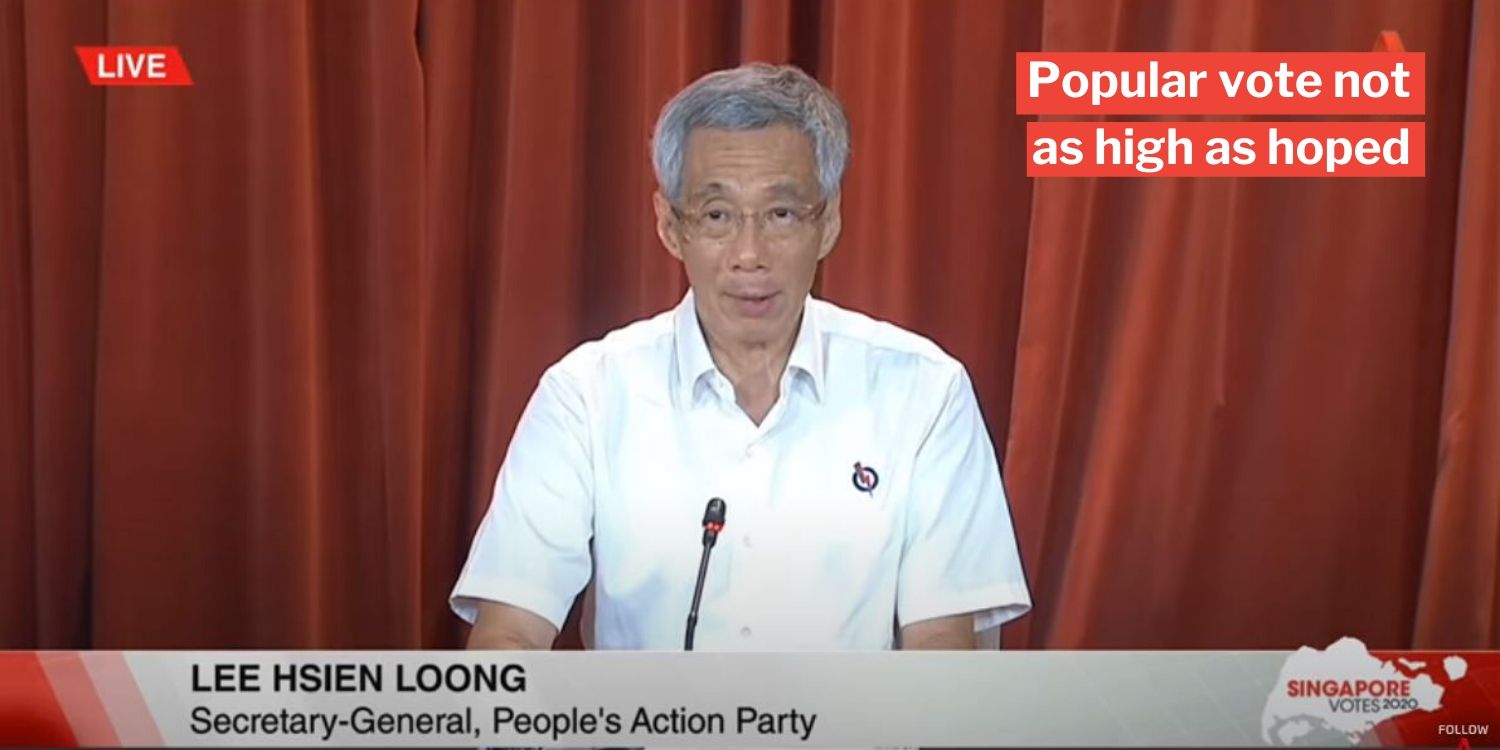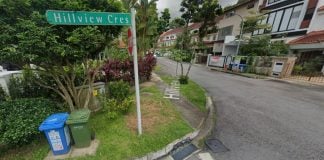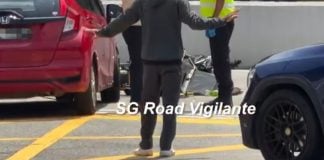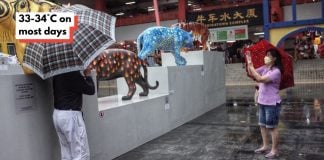PAP’s Share Of The Popular Vote Not As High As PM Lee Hoped For, Will Study Results For Voters’ Messages
As the dust settles after a landmark 2020 General Election (GE), the People’s Action Party (PAP) may have won a majority of votes and a supermajority of seats in Parliament, but it doesn’t seem to be happy.
That’s because its eventual vote share for GE2020 – 61.4% – was the 2nd-lowest it won in Singapore’s history. It’s just 1.1 percentage points more than its worst-ever performance of 60.14% it gained in GE2011.
It’s also an 8.66-percentage-point swing from the landslide of 69.9% it garnered in GE2015, and most of its individual constituencies saw decreasing vote shares.
In a 4am press conference right after the results were out, Prime Minister Lee Hsien Loong told the media that the share of the popular vote was not as high as he had hoped for.
Shanmugam says PAP will study results
Speaking to the media before a walkabout in Nee Soon one day after Polling Day, Law and Home Minister K. Shanmugam echoed the sense of disquiet the PAP had over the worse-than-hoped-for result.
Saying there are “clearly messages that the voters are sending us”, Mr Shanmugam said the party will study the results carefully, reported Channel NewsAsia (CNA).
He was also quoted by CNA as saying,
I think it requires a lot of soul searching and reflection.
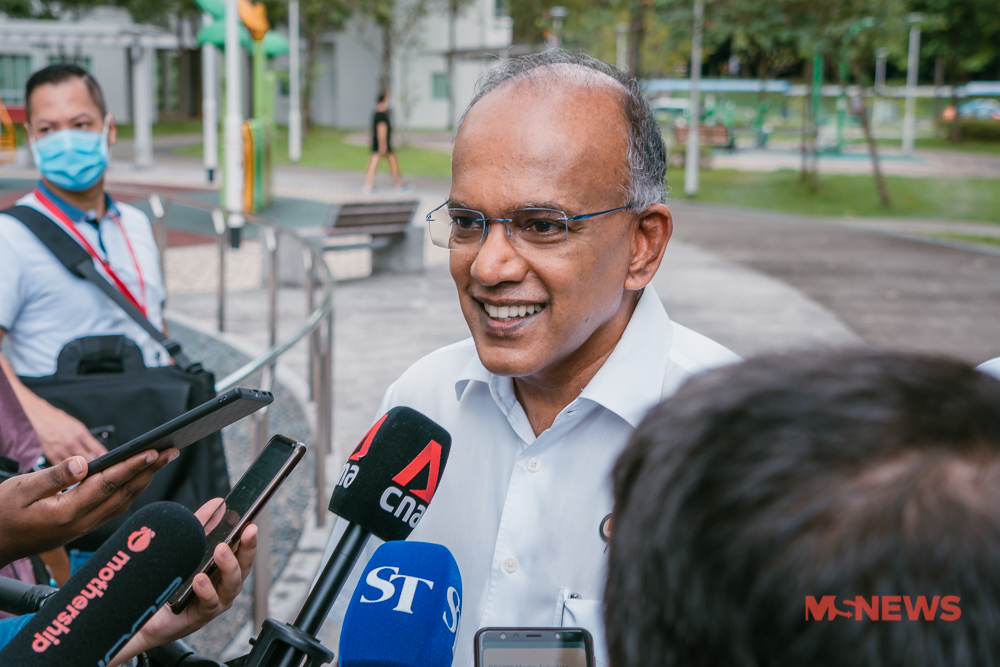
Significant gains for opposition
On the flip side, opposition parties like the Workers’ Party (WP), Progress Singapore Party (PSP) and the Singapore Democratic Party (SDP) saw significant gains.
The WP increased their national vote share, not only retaining Hougang Single-Member Constituency (SMC) and Aljunied Group Representation Constituency (GRC) with resounding wins, but snatching the new Sengkang GRC from under the PAP’s noses.
Its vote share in the 6 constituencies it contested, including those it did not win like East Coast GRC and Marine Parade GRC, was 50.49% to the PAP’s 49.51%.
While the PSP may not have won any of its contests, it went very close in West Coast GRC – leaving the PAP with the smallest winning margin in GE2020 of just 51.69%. Considering the PAP won the GRC with 78.57% of the vote in GE2015, that’s an almost 27% dip in support for its supposed Western stronghold.
Part of it could be attributed to the “Tan Cheng Bock effect”, part of it could also be due to the re-emergence of PM Lee’s brother as a PSP member and actively campaigning against the PAP.
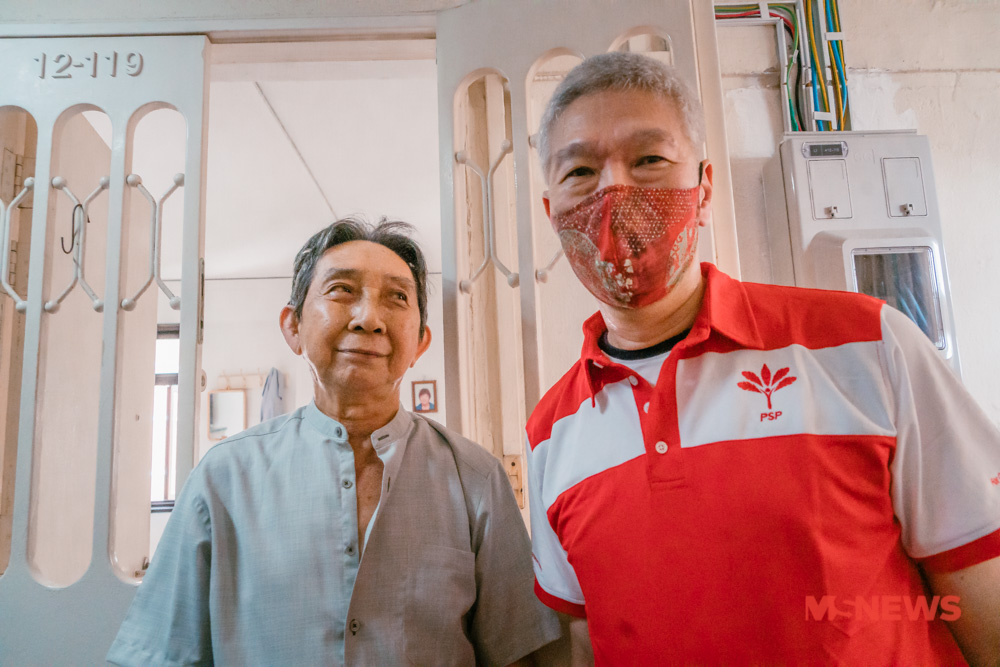
The SDP also didn’t lose its contests with as wide a margin as expected, with SDP chairman Paul Tambyah, an infectious diseases expert, leading a campaign critical of the Government’s handling of the Covid-19 pandemic. He was the best SDP performer, losing with 46.26% of the vote in Bukit Panjang SMC.
Even SDP chief Chee Soon Juan, whose public reputation has been eviscerated by the PAP over the decade, didn’t fare too badly in Bukit Batok SMC, losing with 45.2% of the vote. This is an improvement on his 38.22% showing in the 2016 by-election against the same rival.
More voted against PAP despite Covid-19 crisis
The relatively poor results for the PAP would be considered a fantastic result by many ruling parties in other countries, but a party that has dominated Singapore’s politics since independence, it may be a sign that his dominance is slipping just a little.
“This is not a feel-good election,” said PM Lee, referring to the context of Covid-19 and uncertain economic recovery that the election was held in.
However, despite these troubles, voters confounded critics as more of them voted against the PAP this time round.
It proved wrong the conventional thinking that a crisis will “save” PAP and lead to Singaporeans voting for the “safe harbour” of the PAP.

Results show desire for balanced views in Parliament
The surprising slide in support for the PAP during the crisis has been said to be driven by younger voters, who have heeded the opposition call’s not to give the PAP a “blank cheque” and vote for a more balanced Parliament.
PM Lee also acknowledged that in his speech, saying “the results show also a clear desire for a diversity of voices in Parliament”.
While voters want to see PAP form the government, younger voters want to see more opposition presence in Parliament, he added.
Thus, for the first time in history, Mr Lee has formally designated WP chief Pritam Singh as the Leader of the Opposition.
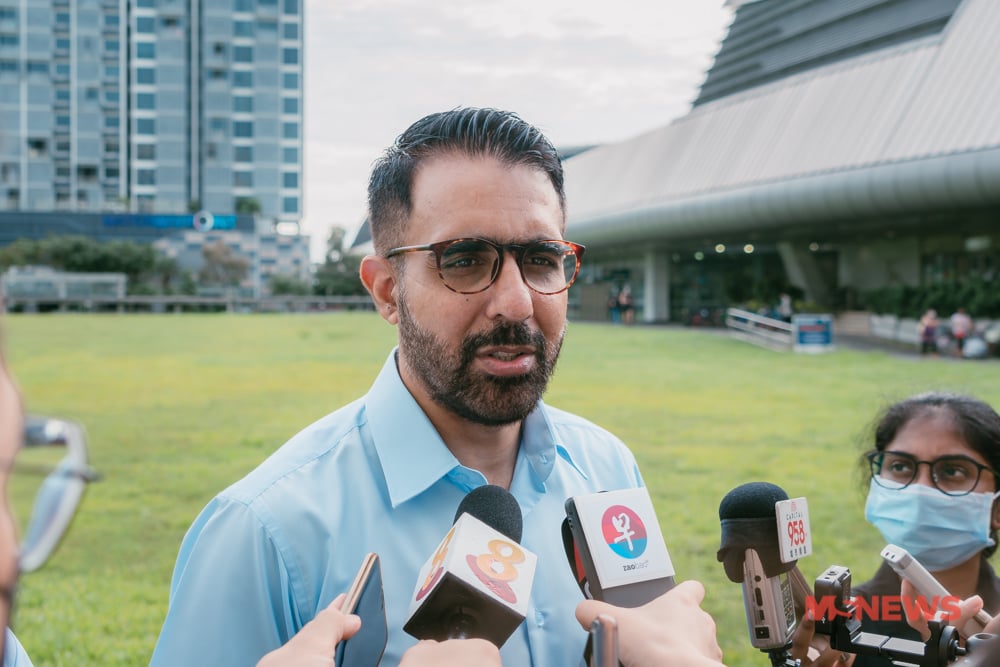
This and other future policies will reflect the “significantly different life aspirations and priorities” of Singapore’s younger generation, Mr Lee said.
Deviation from political strategies of the past
As the PAP rethinks its political strategies, it may deviate from the top-down approach, focus on bread-and-butter issues, and brow-beating of opposition voices that proved so effective during the time of late former prime minister Lee Kuan Yew.
And that can only be good news for younger voters, who have grown up in a time of stability and hold more progressive views than their elders.
Will the PAP be able to win back more voters in the election by changing its tactics, or will opposition parties find a way to solidify their base? A clearer picture will form in the next 5 years.
Featured image adapted from YouTube.
